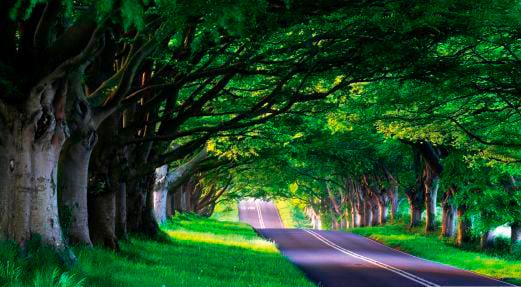PETALING JAYA: The Kuala Lumpur City Hall (DBKL) has identified 28 “high risk” trees which are scheduled to be axed and son the aftermath of Tuesday’s incident when a large tree came crashing down at Jalan Sultan Ismail, killing one man and injuring two others.
In a statement, today, DBKL said its certified arborists had been inspecting trees over 30 years old or with a circumference exceeding 1.5m within the capital city centre since 2019.
“So far, 175 trees have been identified as high-risk, with most being over 50 years old.
“From this number, 147 trees have been axed.
“Frequent inspections, including the latest last February, have identified 28 trees to be axed soon,” the city hall said in a statement.
The high-risk trees, DBKL said, were classified through resistographs, picustomography and visual assessments to detect defects such as damaged branches or roots, leaning or unbalanced tree structures, and cracks.
Additionally DBKL also stated that it complied to its tree management plan issued in January 2019, which follows a three-tiered risk assessment approach based on on-site tree conditions.
“If deemed unsatisfactory, further evaluation and mitigation measures such as trimming, root treatment, or felling, as outlined in the DBKL tree management plan, will be implemented,” it said.
DBKL also said it was enhancing the plan, preparing new guidelines on high-risk and aged trees, slated for completion by July.
The city hall added that the tree in Tuesday’s incident fell on private land, making maintenance the landowner’s responsibility.
DBKL added that it would assist victims in facilitating claims against the relevant parties through contact with its financial department (03-2617 9509) or legal and prosecution department (03-2617 9236).









